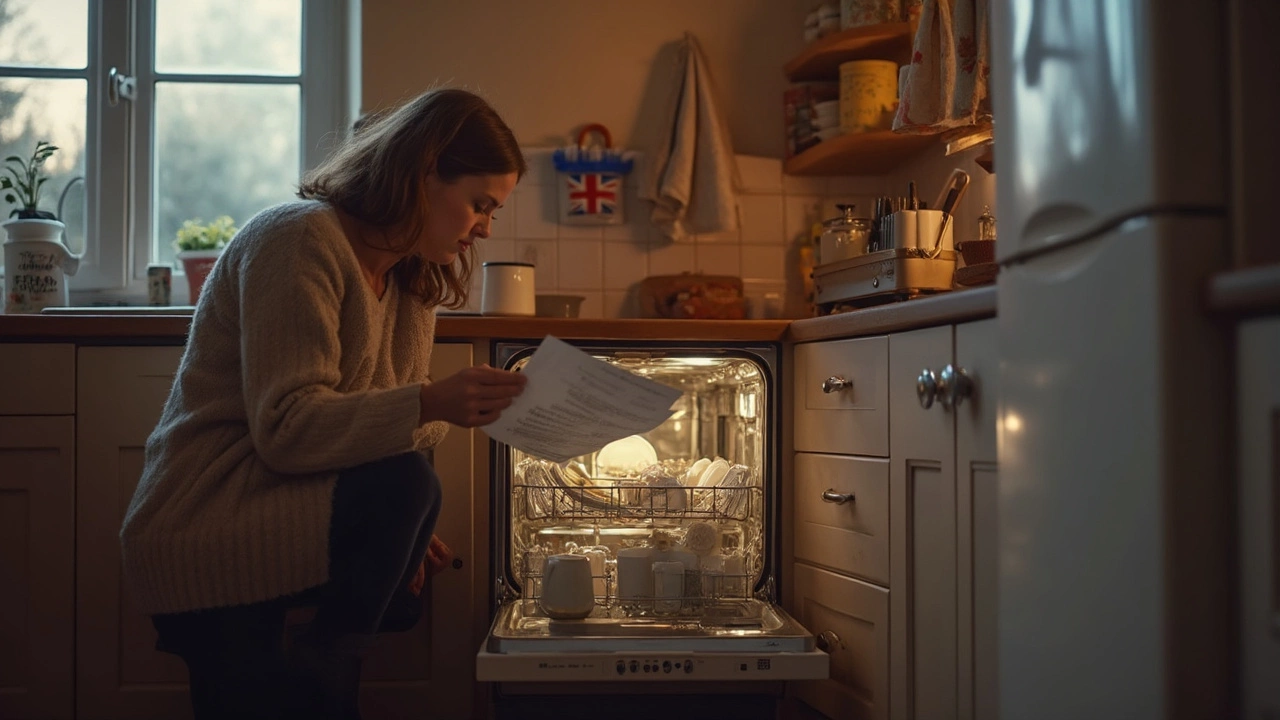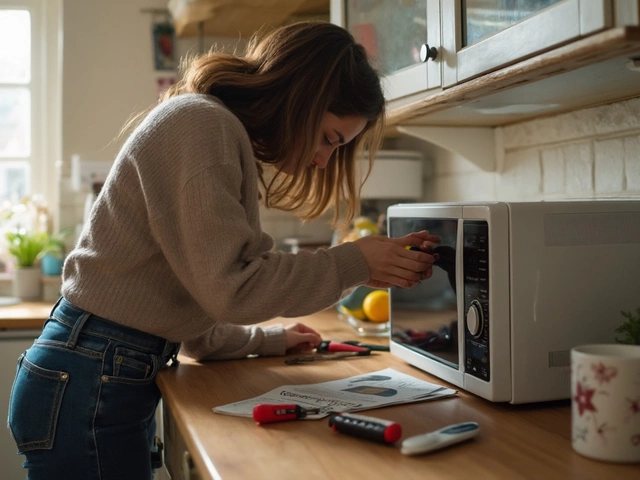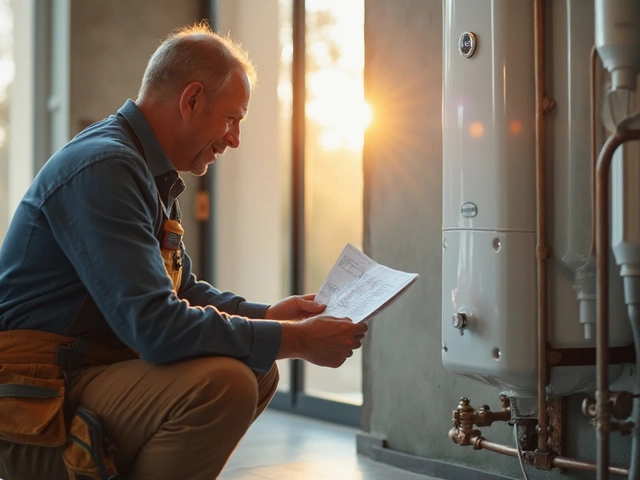Microwave Oven Repair: How Easy Is It, Really?
May 2 2025Dishwasher Troubleshooting: Simple Steps to Get It Working Again
Nothing annoys you more than loading a full load of dishes only to find they’re still dirty or the machine won’t finish a cycle. The good news? Most dishwasher hiccups have a quick, inexpensive fix you can do yourself. Below we walk through the most common issues, what to check first, and when it’s smarter to call in a qualified engineer.
Common Problems and Easy Fixes
1. Not draining. If water stays at the bottom, it’s usually a clog in the filter, pump or hose. Pull out the lower rack, locate the filter (often a circular mesh at the base), and rinse it under warm water. Next, inspect the pump inlet for bits of food or glass. A simple twist of the hose connector can also clear a blockage.
2. Dishes still dirty. This often means the spray arms are blocked. Remove them (most twist off), rinse them with a toothbrush, and clear any spray holes. Also, make sure you’re loading dishes the right way – plates should face the centre, and large items shouldn’t block the arms.
3. Strange noises. A grinding or rattling sound can come from loose cutlery, a broken impeller, or a worn bearing. Check the bottom for stray utensils, and give the motor area a quick visual inspection. If the sound persists, the motor may need professional attention.
4. Leaking water. Leaks often start at the door gasket. Wipe the gasket clean and check for cracks. Also, verify that the dishwasher is level; an uneven unit can cause water to spill out during the wash cycle.
5. Won’t start. First, make sure the door is fully latched – many models won’t run if the latch isn’t engaged. Next, check the power supply and reset the circuit breaker if needed. If the control panel is unresponsive, a reset (usually 5 minutes of unplugging) can clear minor electronic glitches.
When to Call a Professional
If you’ve tried the above steps and the problem remains, it’s time to get a qualified technician. Issues like a burnt-out heating element, a faulty electronic control board, or a broken pump motor require specialized tools and safety knowledge. Because you’re dealing with gas‑powered water heaters and electrical components, a certified gas engineer can diagnose the problem safely and ensure the appliance meets local safety standards.
At Bedford Gas Appliance Repair Services we specialize in kitchen appliances, including dishwashers. Our engineers are fully certified, carry the necessary parts, and can often fix the issue on the first visit, saving you time and money.
In short, most dishwasher woes can be solved with a few minutes of DIY work. Keep the filter clean, clear the spray arms, check the door seal, and make sure the unit is level. When the problem is deeper or involves electrical or gas components, don’t gamble – let a professional handle it. A well‑maintained dishwasher not only saves you effort but also extends the life of the appliance, keeping your kitchen running smoothly for years to come.
 18 Apr
18 Apr
Dishwasher Problem Diagnosis: How to Figure Out What's Wrong
Ever had your dishwasher stop mid-cycle or leave dishes grubby? Pinpointing the root of a dishwasher problem isn't rocket science, but knowing the steps saves you time and money. This article breaks down the easiest way to spot common issues, from strange noises to soggy plates. I'll share troubleshooting tips and tell you what signs really matter. If you've got a confusing dishwasher glitch, here's where to start.
Read More...



